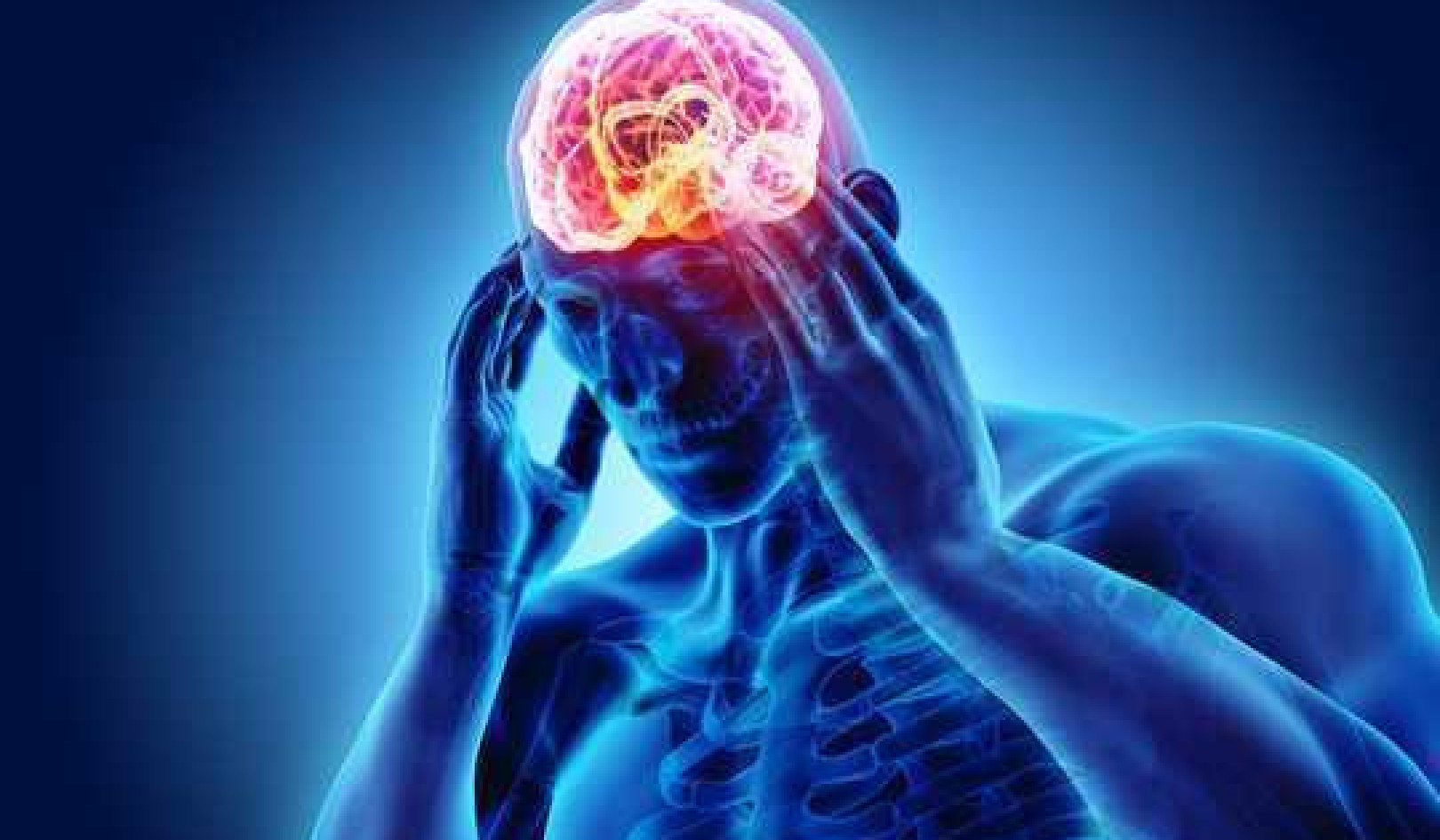
New research highlights the need for comprehensive patient education to meet the diverse needs of heart patients. (Shutterstock)
Article Summary: A recent study has revealed the critical importance of patient education in managing cardiovascular diseases. By examining the informational needs of over 1,600 heart patients globally, researchers identified significant gaps and variations across different regions and income levels. The findings emphasize the necessity of tailored educational interventions, particularly through cardiac rehabilitation programs, to empower patients with knowledge and improve health outcomes. This comprehensive approach can lead to better disease management, reduced hospital readmissions, and enhanced quality of life for heart patients.

How Effective Patient Education Transforms Heart Disease Management
A new study sheds light on the critical role of patient education in managing cardiovascular diseases. Researchers examined the information needs of over 1,600 heart patients from diverse regions, revealing significant insights into the challenges faced by individuals dealing with heart-related issues.
Cardiovascular diseases continue to impact millions of people worldwide. Patients who have lived through a cardiac event (such as a heart attack) often find themselves navigating a complex maze of symptoms, medications and lifestyle adjustments. Understanding the pivotal role of patient education in this journey, our international team of researchers sought to identify the specific information needs of heart patients globally.
Our study used a validated scale, the Information Needs in Cardiac Rehabilitation (INCR-S), to assess cardiac/heart patients’ top information needs. Administered across various countries spanning all six World Health Organization regions and encompassing different income classes, the scale provided a comprehensive view of patients’ information requirements.
Diverse needs of heart patients
Our findings showed that patients have a strong desire for information on a wide range of health topics. They want to understand cardiac events, adopt heart-healthy diets, manage medications, recognize symptoms, control risk factors and engage in cardiac rehabilitation programs. This highlights the need for comprehensive patient education to meet the diverse needs of heart patients.
Studies consistently show that education in cardiac rehabilitation is associated with significant benefits. These include patients’ better understanding of their condition, improved medication adherence, management of risk factors and reduced rates of hospital readmission and mortality.
By addressing these informational needs comprehensively, patients can make more informed decisions about their health and improve their overall well-being.
Our study also illuminated significant variations across regions and income levels in information needs and knowledge sufficiency (whether or not they perceive they already know enough about each topic).
While patients in higher-income countries tended to report greater knowledge sufficiency, those in lower-middle income countries articulated a pressing need for more information, particularly concerning medication management, symptom response and exercise benefits. These disparities underscore the importance of tailoring educational interventions to diverse populations’ specific contexts and needs.
The role of cardiac rehabilitation programs
Crucially, the study underscored the vital role of cardiac rehabilitation programs in addressing patients’ information needs. These programs provide structured education and support, empowering patients to effectively understand and manage their conditions, leading to improved health outcomes such as enhanced disease knowledge, adoption of heart-healthy behaviours, increased functional capacity and better quality of life.
However, our research also identified challenges in delivering comprehensive education through these programs, highlighting the ongoing necessity to improve patient education. The availability of evidence-based resources, such as those provided by the Cardiac College, freely available and in multiple languages, plays a crucial role in bridging the gap in patient education.
These resources ensure that patients have access to accurate information and support in their preferred language, further empowering them to take control of their health and well-being.
As health-care providers grapple with the challenges posed by cardiovascular diseases, this study’s findings offer valuable insights for informing educational strategies and interventions. Prioritizing patient education and addressing the diverse information needs of heart patients can significantly improve outcomes and enhance the quality of care for individuals living with cardiovascular diseases.![]()
Gabriela Ghisi, Affiliate Scientist, KITE Research Institute, Adjunct Professor, Department of Physical Therapy, University of Toronto
This article is republished from The Conversation under a Creative Commons license. Read the original article.
Recap: Patient education is a vital component in managing heart disease, as highlighted by our study's findings. Tailored educational interventions can significantly improve patients' understanding of their condition, leading to better health outcomes. As healthcare providers, it is essential to prioritize comprehensive and accessible patient education to address the diverse needs of heart patients. By doing so, we can enhance the quality of care and empower patients to take control of their health and well-being. - InnerSelf.com
Related Books:
The Body Keeps the Score: Brain Mind and Body in the Healing of Trauma
by Bessel van der Kolk
This book explores the connections between trauma and physical and mental health, offering insights and strategies for healing and recovery.
Click for more info or to order
Breath: The New Science of a Lost Art
by James Nestor
This book explores the science and practice of breathing, offering insights and techniques for improving physical and mental health.
Click for more info or to order
The Plant Paradox: The Hidden Dangers in "Healthy" Foods That Cause Disease and Weight Gain
by Steven R. Gundry
This book explores the links between diet, health, and disease, offering insights and strategies for improving overall health and wellness.
Click for more info or to order
The Immunity Code: The New Paradigm for Real Health and Radical Anti-Aging
by Joel Greene
This book offers a new perspective on health and immunity, drawing on principles of epigenetics and offering insights and strategies for optimizing health and aging.
Click for more info or to order
The Complete Guide to Fasting: Heal Your Body Through Intermittent, Alternate-Day, and Extended Fasting
by Dr. Jason Fung and Jimmy Moore
This book explores the science and practice of fasting offering insights and strategies for improving overall health and wellness.
Click for more info or to order
























